In case the term "ODE" is something new to you, it's an initialism for "optical drive/disc emulator", which serves to replace something like a CD-ROM or, in the case of the Dreamcast, a GD-ROM drive with a board that allows one to use flash storage to hold disc images, such as an SD card. Existing ODE solutions for the Dreamcast include
GDEMU,
USB-GDROM, and
MODE. The latest offering to be announced is
Phøde by Fixel.
For those unaware,
Fixel is a hardware engineer who successfully launched a brand-new
3DO ODE in 2022, giving fans of the console an alternative to
MNEMO's 3DO USB devices, and packed with even more features.
While Fixel is still working on polishing up the next firmware release for his 3DO ODE, he's also been hard at work giving love to a slew of other consoles, some of which had previously never had an ODE solution at all.
For example, his DMC88 for the FM Towns Marty went up for pre-order recently, as well as one for NEC's ill-fated PC Engine successor, the PC-FX. Heck, he's even about to ship an IDE Emulator, not to mention a "digital mod" kit (similar to PixelFX's DCDigital, PS1Digital, etc.) for the 3DO and Neo Geo!
In addition to the exciting new hardware listed above, perhaps his most interesting announcement thus far is something of a universal ODE, named Phøde, the initial version of which will target the following consoles:
- Sega Dreamcast VA0, VA1, and VA2
- Philips CD-i consoles with solder on board
- Sega Saturn (20 and 21 pin variants)
- Playstation PU7, PU8 (2 variants), and PU18 (with more variants later)
- Sega CD 1, CD2, XEye, CDX console variants
- Mystery mechanism (will be revealed in June)
- Mystery feline (will be revealed in June)
- Mystery friend (will be revealed in June)
No, your eyes are not deceiving you, the madman known as Fixel (or sometimes "Felix") is currently R&D'ing what may turn out to be more than just a MODE-killer. And those "mystery" consoles? Well, the principles of detection tell me "feline" refers to the Jaguar CD, while "friend" hints at the Amiga CD32. Meanwhile, "mechanism" just might be alluding to a certain Engine and its CD counterpart.
The Phøde project (pronounced FOE-deh) seems to have begun with a desire to finally give CD-i fans the ODE they've so long craved. However, after some time and research, Fixel seems to have continued studying numerous other consoles, eventually realizing he could broaden the scope and support of this new ODE well beyond Philips' quirky home multimedia system.
If I may, I'd like to help level-set expectations and feature/functionality timelines for readers out there. While Fixel is an extremely talented (and dedicated) hardware and software engineer, his Phøde project will rely in part on beta testers to help identify bugs, as well as to give feedback on features and overall user-experience. In fact, you can even sign up to be a beta tester yourself by following the link on the Phøde order page.
What does this mean for the end consumer? When the device ships (currently estimated for late September 2023), it may not have been put through its full paces on each respective console that it supports. Likewise, it may not have each and every feature users are looking for, although Fixel's volunteer beta-tester program aims to close all those gaps.
Is it possible that the Phøde will ship in a highly polished state? Absolutely! In fact, I more-or-less expect that to be the case. However, with any new ODE, there's always growing pains as edge-cases and niche issues are sorted out. It's worth noting for the record (and for some context) that Fixel's 3DO ODEs shipped to users in a nearly perfect state of software/firmware operation.
At present, the following features and functions are likely to be there day-one on the Dreamcast.
- Full boot/fast boot of disc images (i.e., with or without full cycle of BIOS/license sequence).
- Disc image queueing (i.e., ability to virtually swap discs at any time).
- VMU read/write for purposes of backing up and restoring save files.
- Adjustment of data-read speeds and seek-time emulation, thus letting users mimic original GD-ROM behavior/performance to ensure compatibility, or pushing ODE to its limits for better performance with things like Atomiswave conversions.
- Disc image support for CDI, TOSEC-style GDI, and Redump-style CUE/BIN.
Dreamcast owners out there looking for a drop-in, ready-to-go solution that's as mature as its competitors may want to monitor feedback from the initial Phøde batch. Those like myself who view this as something of a hobbyist device for a short period (while it's perfected) will find in the Phøde a stellar product with excellent post-sales support provided by Fixel, as well as a thriving
Discord community where all of his projects can be discussed, troubleshooted, and even improved upon.
Although I myself am nothing of a hardware engineer, I've personally spoken with Fixel on a number of occasions to discuss some of the common problems, shortcomings, and "gotchas" with existing ODEs for both the Saturn and Dreamcast. In most cases, said hurdles have long since been overcome, especially when you consider that devices like GDEMU and USB-GDROM have been on the market for years. However, there's still room for improvement across the board.
In my opinion, GDEMU, USB-GDROM, and MODE all offer something out-of-the-box that their competitors don't. That said, wouldn't it be great to see a new challenger enter the ring and serve as the end-all be-all?
Only time will tell how the Phøde fares, though personally, I'm quite optimistic. Is Phøde something that interests you? Leave a comment below or let us know on social media!
If you'd like to follow Fixel and his work, you can do so in the following places.
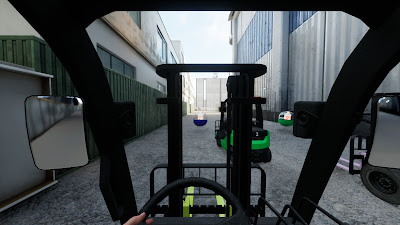
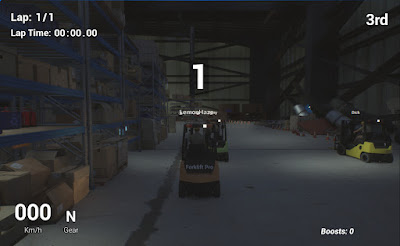




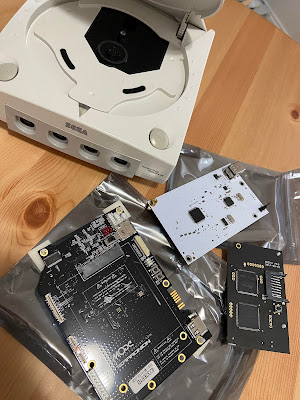











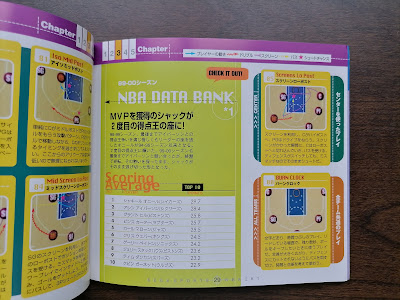


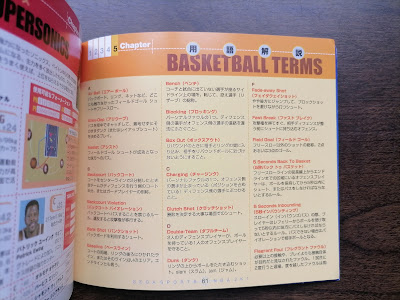

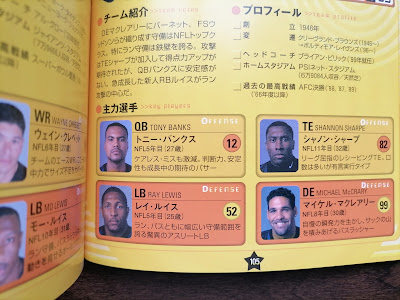












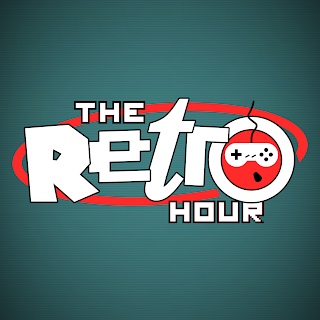
.png)
.jpg)





